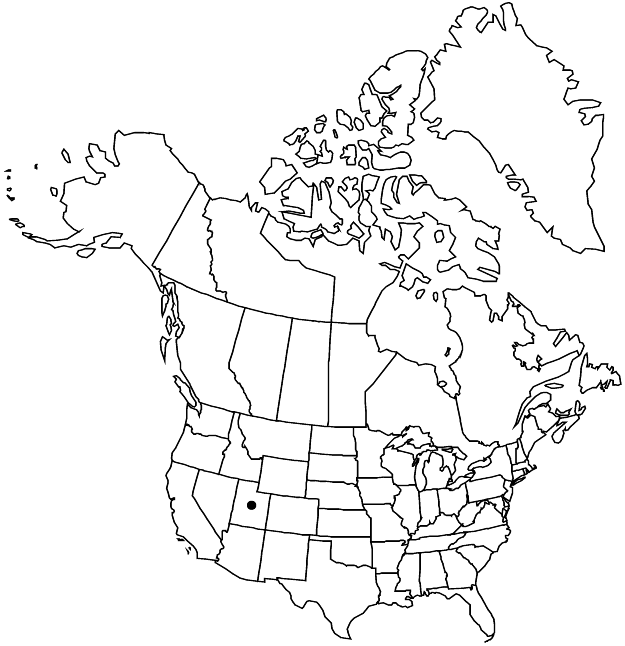Difference between revisions of "Eriogonum artificis"
Phytologia 86: 121. 2004.
FNA>Volume Importer |
FNA>Volume Importer |
||
| Line 33: | Line 33: | ||
-->{{#Taxon: | -->{{#Taxon: | ||
name=Eriogonum artificis | name=Eriogonum artificis | ||
| − | |||
|authority=Reveal | |authority=Reveal | ||
|rank=species | |rank=species | ||
| Line 48: | Line 47: | ||
|publication year=2004 | |publication year=2004 | ||
|special status= | |special status= | ||
| − | |source xml=https://jpend@bitbucket.org/aafc-mbb/fna-data-curation.git/src/ | + | |source xml=https://jpend@bitbucket.org/aafc-mbb/fna-data-curation.git/src/f50eec43f223ca0e34566be0b046453a0960e173/coarse_grained_fna_xml/V5/V5_518.xml |
|subfamily=Polygonaceae subfam. Eriogonoideae | |subfamily=Polygonaceae subfam. Eriogonoideae | ||
|genus=Eriogonum | |genus=Eriogonum | ||
Revision as of 21:54, 16 December 2019
Herbs, spreading, not scapose, (2–)3–4.5 × 1–2(–3) dm, glabrous. Stems spreading, without persistent leaf bases, up to 1/3 height of plant; caudex stems absent; aerial flowering stems erect, slender, solid, not fistulose, 1–2 dm, pubescent among leaves. Leaves basal or sheathing up stem 1–3 cm, 1 per node; petiole 2.5–4 cm, tomentose; blade narrowly elliptic, 2–5 × (0.8–)1–1.5(–1.7) cm, grayish-tomentose on both surfaces, margins plane. Inflorescences cymose, 10–25 × 5–15 cm; branches dichotomous, glabrous; bracts 3, scalelike, triangular, 2–3 mm. Peduncles erect, slender, 0.2–1 cm, glabrous. Involucres 1 per node, turbinate, 3.5–4 × 2–2.5 mm; teeth 5(–6), erect, 0.5–0.8 mm. Flowers 3.5–4 mm; perianth ochroleucous to pale yellow or, rarely, yellow, glabrous; tepals connate proximal 1/5, monomorphic, oblong; stamens exserted, 5–6 mm; filaments pilose proximally. Achenes light brown, 3.5–4 mm, glabrous.
Phenology: Flowering Aug–Sep.
Habitat: Sandy to somewhat gravelly, volcanic slopes, mixed grassland and sagebrush communities, juniper woodlands
Elevation: 1800-1900 m
Discussion
Eriogonum artificis is known from a single location near Frisco in Beaver County. Care must be taken not to confuse Kaye’s wild buckwheat with glabrous forms of E. spathulatum that occur nearby. The flowers of E. artificis are usually pale yellow, but occasionally plants are found with cream-colored and distinctly yellow flowers.
Selected References
None.
